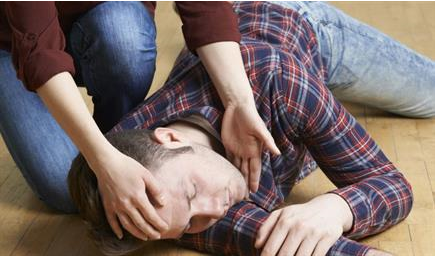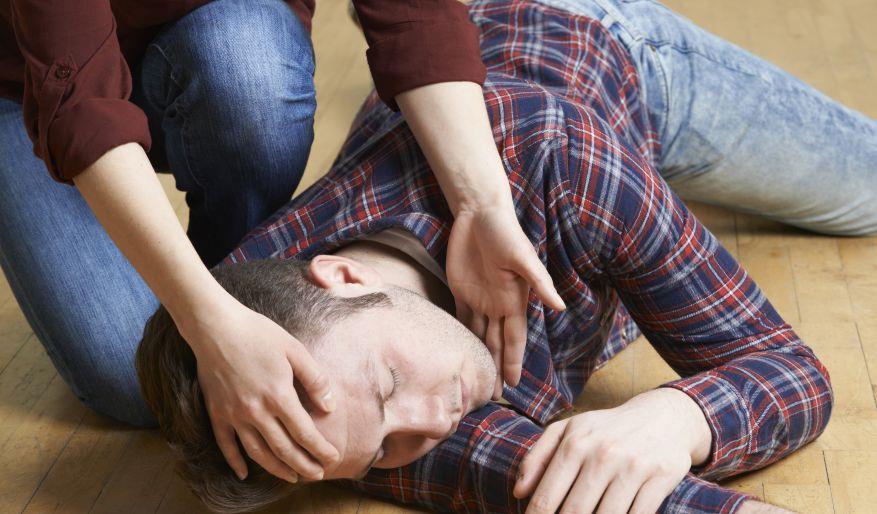Our Doctors
Meet all the doctors from Cleveland Clinic Abu Dhabi.
View Doctors
Know the symptoms of a seizure and what to do.

Epilepsy is a chronic neurological condition characterized by the periodic occurrence of seizures, affecting about 50 million people worldwide. During a seizure, which typically lasts no more than a few minutes, the brain sends signals at a much faster rate than usual, causing a state of altered awareness and behavior. Although it can be very alarming, an epileptic seizure itself is not life-threatening. Because seizures can happen at any time, a person with epilepsy may have a seizure in an environment where he or she is at risk of getting hurt. If you’re able to recognize that someone near you is having a seizure - and know how to react - you can help the person stay safe while the seizure runs its course.
There are several different types of seizures, but the most common is called a generalized tonic-clonic seizure. A generalized tonic-clonic seizure is characterized by whole-body convulsions and rigid muscles. Because of this, the person is likely to fall and have loss of consciousness. Symptoms may vary depending on the type of seizure and the individual, but loss of awareness and loss of muscular control are common threads across different kinds of seizures. Look out for these potential signs:
Whether you have a family member or friend who has epilepsy, or you happen to see someone having an epileptic seizure in a public place, if you know what to do - and what not to do - you can help.
(1) Get the person to the closest safe area and move any hazardous objects. If the person is beginning to have a seizure in an area that is not safe, like near traffic or a place where there’s a risk of falling, get him or her to a safer place. Try to remove any hard or sharp objects nearby to prevent injury.
(2) Ease the person onto the floor, on his or her side. Because a change in muscle tone or loss of consciousness may cause someone to fall down during a seizure, it’s best to gently guide the person to lie down. Lying on the side following the seizureallows for ease of breathing.
(3) Cushion the head and loosen neckwear. A person may lose control of head movements during a seizure, so it’s important to protect his or her head. Ensure that breathing is easy by loosening any clothing around the neck, like a scarf or necktie.
(1) Do not use force to restrain someone during a seizure. Keep the person as safe as possible, but let the seizure run its course.
(2) Do not put anything in the person’s mouth, as it may cause him or her to break teeth.
(3) Do not attempt to prevent “the tongue from being swallowed.” This is a myth, and you may injure yourself or the person by trying to reach inside his or her mouth.
(4) Do not offer anything to eat or drink during a seizure, as it may cause choking.
Stay with the person until the seizure ends. He or she may not know what happened after coming to, so you should explain, and comfort the person as he or she recovers.
A typical epileptic seizure lasts only a few minutes. After this time period, the person should regain consciousness and awareness, and begin to breathe and move normally. Seek immediate medical attention if the seizure lasts more than five minutes, if the person has trouble breathing or regaining consciousness, or if you know it’s this person’s first seizure.